

- Phone
- Email puppypetite@aol.com
-
Address
8002 17th Ave, Brooklyn NY 11214
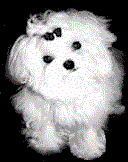
How Much Water Should A Puppy Drink
Caring for a puppy is a rewarding experience that requires knowledge and commitment. It is vital to understand the essentials of puppy care to ensure their development into healthy and happy adult dogs. From nutritional needs to socialization, there are several key aspects that every puppy owner must consider.
Nutrition
A balanced diet is critical for your puppy's growth. Look for high-quality puppy food that meets the nutritional standards established by the Association of American Feed Control Officials (AAFCO).
Hydration
Monitor your puppy’s water intake. Make sure that your puppy is drinking water. Puppies need about half a cup of water every two hours and more if the weather is hot or after exercise. Knowing the answers to important questions like 'how much should a puppy eat?' or 'how much water should a puppy drink' is essential in raising a puppy.
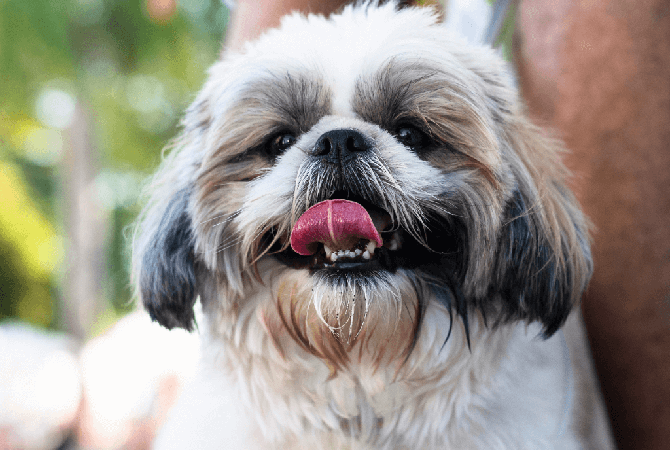

Vaccinations and Health Care
Schedule regular visits to the vet for vaccinations and check-ups to protect your puppy from diseases and ensure they are growing as expected.
Training and Socialization
Early training and socialization can prevent behavioral issues in the future. Introduce your puppy to a variety of people, animals, and situations.
Exercise
Regular exercise is essential for your puppy’s physical well-being and mental stimulation. Tailor activities to their age and breed's energy level.
Rest
Puppies need a lot of sleep — up to 18-20 hours a day for the youngest. Ensure they have a quiet and comfortable place to rest.
Love and Affection
Above all, puppies need love and attention. Spending quality time forming a bond with your puppy is crucial for their emotional development.
While puppies demand a considerable amount of energy and patience, the joy and companionship they offer are immeasurable. By attending to their dietary needs, ensuring proper health care, providing training, exercise, and socialization, and giving them ample love and affection, you can lay the foundation for a long, happy life together.
Remember that each puppy is unique, and as you get to know their personality and needs, you'll be able to tailor your care to help them thrive.
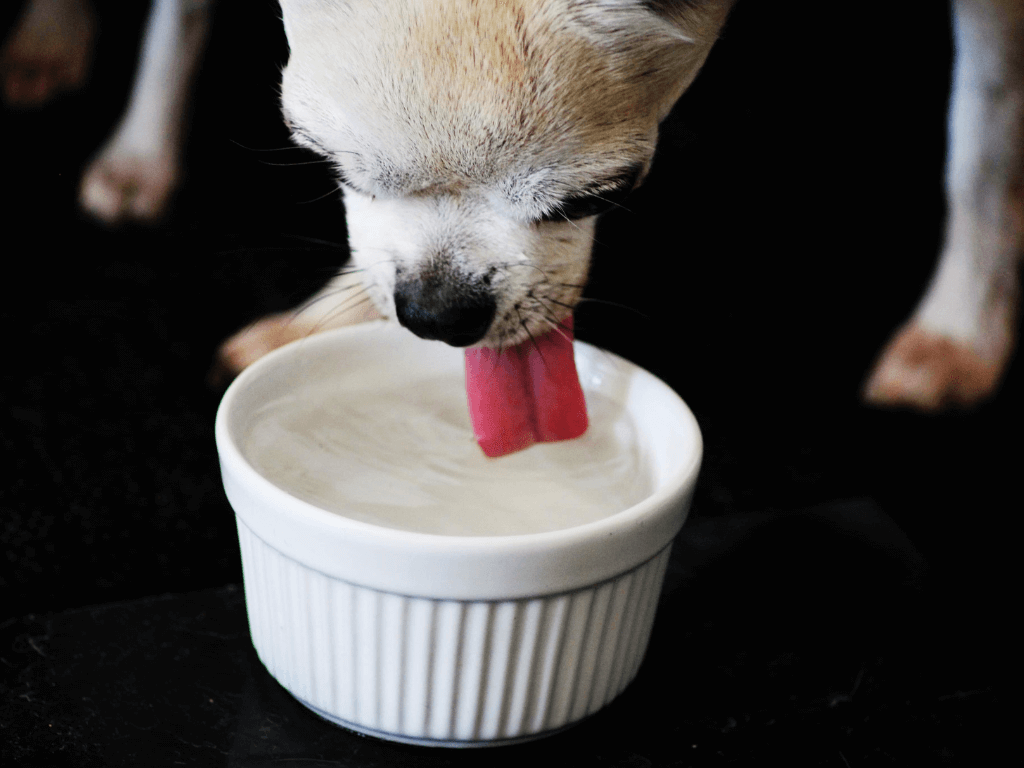
The Importance of Hydration In Puppies
Hydration is of paramount importance in a puppy's health and development. Adequate water intake is crucial for puppies as it plays a central role in their growth, digestion, and regulation of body temperature. As puppies are more prone to dehydration than adult dogs, it’s essential for owners to ensure their furry companions have constant access to fresh water. Proper hydration helps facilitate the digestion of food and absorption of nutrients, which are vital for their rapid growth during the puppy stage.
In addition, water acts as a thermoregulator, keeping a dog’s body temperature within a safe range, particularly important when they are unable to regulate their temperature as efficiently as mature dogs. Neglecting a puppy's need for water can quickly lead to dehydration, impeding their physical development and possibly leading to more severe health issues. Therefore, understanding the signs of dehydration and maintaining a consistent water supply are critical components of responsible puppy care.
Factors Influencing Water Requirements
The water needs of puppies can vary based on several elements, each playing a significant role in determining the appropriate water intake for young dogs to make sure they maintain good health and vitality.
Age
Young puppies require more water proportionate to their body weight than older dogs because they are growing rapidly and are more active, leading to more water turnover and need for hydration.
Diet
Puppies on dry food diets may require more water intake than those on wet food diets due to the lower moisture content in dry kibble.
Activity Level
Active puppies will require more water to stay hydrated due to the increased loss of fluids through panting and salivation associated with exercise.
Weather Conditions
Hot or humid weather can lead to increased panting and a higher rate of evaporation, consequently necessitating more frequent water intake.
Health Status
Puppies that are ill or have medical conditions, such as diarrhea, may need additional water to prevent dehydration.
Size and Breed
Larger puppies and specific breeds may naturally consume more water because of their size, while smaller breeds consume less by virtue of their smaller stature.
Each of these factors must be taken into consideration when assessing a puppy’s hydration needs. By closely monitoring these variables, puppy owners can better ensure their pets receive the appropriate amount of water essential for optimal growth and wellness.
Just How Much Water Should You Give Your Puppy?
Calculating the precise amount of water that a puppy requires can seem challenging, but a general guideline is that a puppy needs approximately one half ounce to one ounce (15-30 mL) of water per pound of body weight per day. For example, if your puppy weighs 10 pounds, they should be drinking about 5 to 10 ounces (150-300 mL) of water every 24 hours. Puppies that are still nursing will receive a portion of their hydration from their mother’s milk and may require less additional water.
However, as they wean and begin consuming solid food, their need for fresh water will increase. Always ensure that a clean bowl of water is easily accessible and filled with fresh water, as stagnant or dirty water can lead to health issues. Monitor your dog’s water intake, and if you notice any significant changes or signs of dehydration even with proper supply, consult your veterinarian immediately to address any underlying health concerns.
How Much Water Should My Puppy Drink At Night?
Adjusting water intake for puppies at night is important to balance their hydration needs with healthy bladder control. While it is crucial for them to have access to water until bedtime, you may want to limit their intake a few hours before they settle down for the night to avoid accidents. Generally, it is advisable to remove your dog's water bowl at least two hours before bedtime to ensure they have an opportunity to relieve themselves before sleep.
This practice helps in preventing overnight accidents and contributes to house-training efforts. However, a small amount of water should still be made available nearby for puppies that might become thirsty during the night, especially in warm conditions or for those with higher activity levels during the evening. Always pay close attention to individual needs and consult with a veterinarian when establishing the best nighttime routine for your puppy's hydration and health.
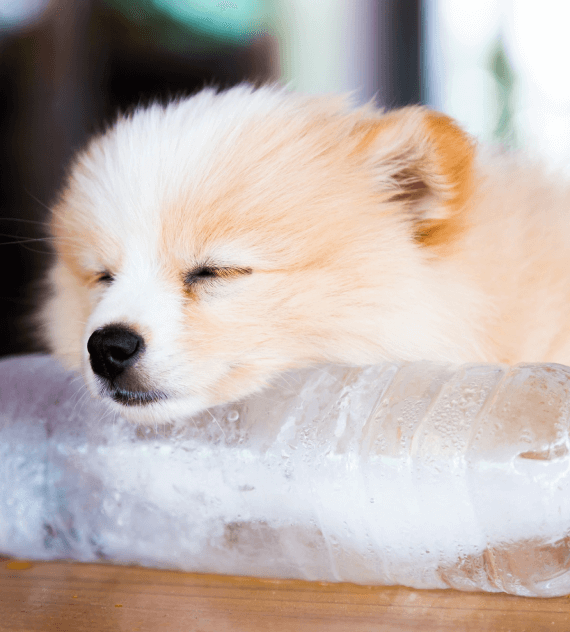
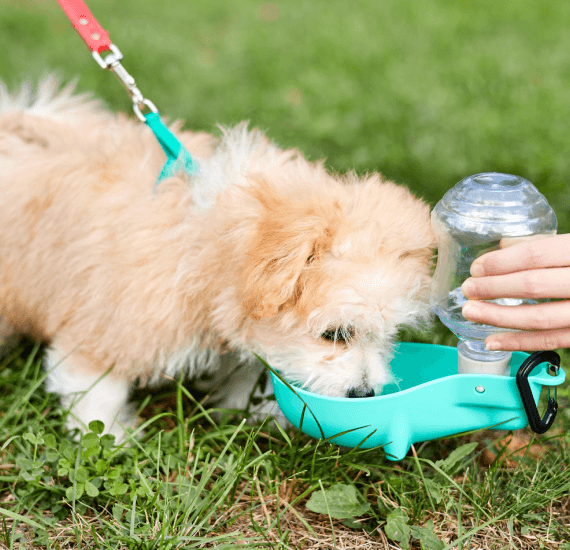
How Much Water Should My Puppy Drink During Potty Training?: Establishing Discipline
As puppies undergo potty training, managing their water consumption becomes a balancing act of maintaining proper hydration while also establishing a routine that avoids frequent accidents. During this period, it's important to provide your puppy with consistent access to water during the day and to encourage drinking after play sessions, meals, and upon waking from naps to support their overall health. However, monitoring and potentially regulating your puppy's water intake can also aid in effective potty training efforts.
Establish a schedule that includes regular water breaks and potty trips outside. Having a puppy water schedule improves discipline. This routine not only helps in house-training but also ensures that the puppy stays hydrated. While there is no one-size-fits-all amount of water for every puppy, the general rule is still applicable—half an ounce to one ounce per pound of body weight per day (15-30 mL per pound). This should be adjusted based on the puppy’s activity level, the temperature of the environment, and their diet.
If your puppy has had a lot of water, be prepared for more frequent potty breaks, which are essential to avoid accidents and reinforce good drinking habits.
Always keep an eye on your puppy’s behavior and look for signs of needing to go, such as sniffing around, circling, or whining, and quickly take them outside to their designated potty area to reinforce the right behavior. Also, remember to consult with a veterinarian for personalized advice tailored to your puppy's specific needs during potty training.
Dehydration Symptoms: How To Tell If Your Puppy Is Dehydrated
Dehydration in puppies is a serious concern and can occur more quickly than in adult dogs due to their smaller body mass and higher energy levels. As a pet owner, it's essential to recognize the early signs of dehydration to prevent puppy dehydration from escalating to a dangerous level. Below are key symptoms to watch for in your puppy:
- Lethargy: A dehydrated puppy may seem unusually tired, sluggish, or uninterested in play, which is contrary to their typically energetic nature.
- Dry Mouth: The puppy's gums may appear drier than usual, and you might notice less drooling than is typical for them.
- Sunken Eyes: Dehydration can cause the eyes to look sunken and the puppy to have a generally "flat" appearance.
- Loss of Skin Elasticity: When you gently pinch the skin at the scruff of the neck, it should snap back into place. If it doesn't, this is a tell-tale sign the puppy is dehydrated.
- Rapid Heart Rate: If you can feel that your puppy's heart is beating faster than normal, this could be a symptom of dehydration.
- Panting: Excessive panting can indicate that a puppy is trying to cool down and may not be getting enough fluids.
Each of these symptoms on their own can be concerning, but together they can signal a significant health issue. If you observe any of these signs, you must take immediate action. Offer your puppy water and consider contacting your veterinarian promptly for further guidance, as dehydration can be a symptom of other underlying health problems.
It is always better to prevent dehydration rather than treat it. Ensure your puppy has constant access to clean, fresh water, and is drinking regularly throughout the day.
During periods of high heat or after excessive play, it is especially important to monitor your puppy's hydration levels. In these cases, extra water breaks and monitoring for these symptoms should be common practice. Being vigilant about your puppy's water intake and recognizing the signs of dehydration can help keep your beloved pet healthy, active, and happy.
Can A Puppy Drink Too Much Water?
Just as dehydration poses risks to puppies, excessive water intake can also be harmful and may indicate underlying health issues. A condition known as "water intoxication" can occur and is characterized by an imbalance in electrolytes due to a rapid intake of water. Symptoms of water intoxication include:
- Bloating: An unusually swollen belly due to excessive water consumption.
- Difficulty Breathing: Water intoxication can lead to breathing difficulties if it affects brain function.
- Lack of Coordination: Puppies may appear uncoordinated or dizzy after consuming too much water.
- Nausea and Vomiting: Overconsumption of water can lead to vomiting or gagging.
- Diluted Urine: Frequent, diluted urine is a sign your puppy may be drinking more water than they need.
If you suspect your puppy is drinking excessively and showing signs of water intoxication, it is crucial to consult a veterinarian promptly. In addition, conditions like polydipsia (increased thirst) can be indicative of diabetes or kidney disease and require medical attention.
As a preventative measure, monitor your puppy’s water intake, especially during playtime or after exposure to heat, and provide a measured amount based on their size and needs. Remember, while water is vital for your puppy's health, moderation is key to prevent complications related to overconsumption.
What To Do If Your Puppy Is Not Drinking Water
If your puppy is not showing interest in drinking water, this could be a sign of an underlying problem, and addressing it promptly is crucial. The first step is to ensure that fresh, clean water is readily available and the water bowl is easily accessible to your puppy. If you've ruled out issues with the water supply, consider the following steps:
- Encourage Drinking: Try using a water fountain designed for pets, put ice cubes, or add flavor to the water with a bit of low-sodium chicken or beef broth to entice your puppy to drink water.
- Check for Illness or Discomfort: Inspect your puppy's mouth for any signs of injury, dental issues, or soreness that could be making it painful to drink.
- Consider the Bowl: Some puppies may prefer a shallow bowl to avoid discomfort or a heavy bowl that doesn’t move around when they drink.
- Gradual Introduction: If your puppy is new or adjusting to their environment, they may be too nervous to drink. Spend time with them near the water bowl to provide a sense of security.
- Stimulation Through Activity: Engage your puppy in light play. Physical activity can stimulate thirst and lead them to seek out water naturally.
- Hydration Through Diet: Incorporate moisture-rich food, like wet dog food or water-soaked kibble, to increase fluid intake.
- Regular Monitoring: Keep track of how much water your puppy drinks. Small sips throughout the day can be enough for some puppies, while others may drink larger amounts less frequently.
If your puppy still refuses to drink or shows additional concerning symptoms such as lethargy, vomiting, or diarrhea, seek veterinary care immediately, as this could be indicative of a serious health issue. Regular check-ups with your vet are important to ensure your puppy remains well-hydrated and healthy. Remember, a puppy's refusal to drink water should never be ignored.
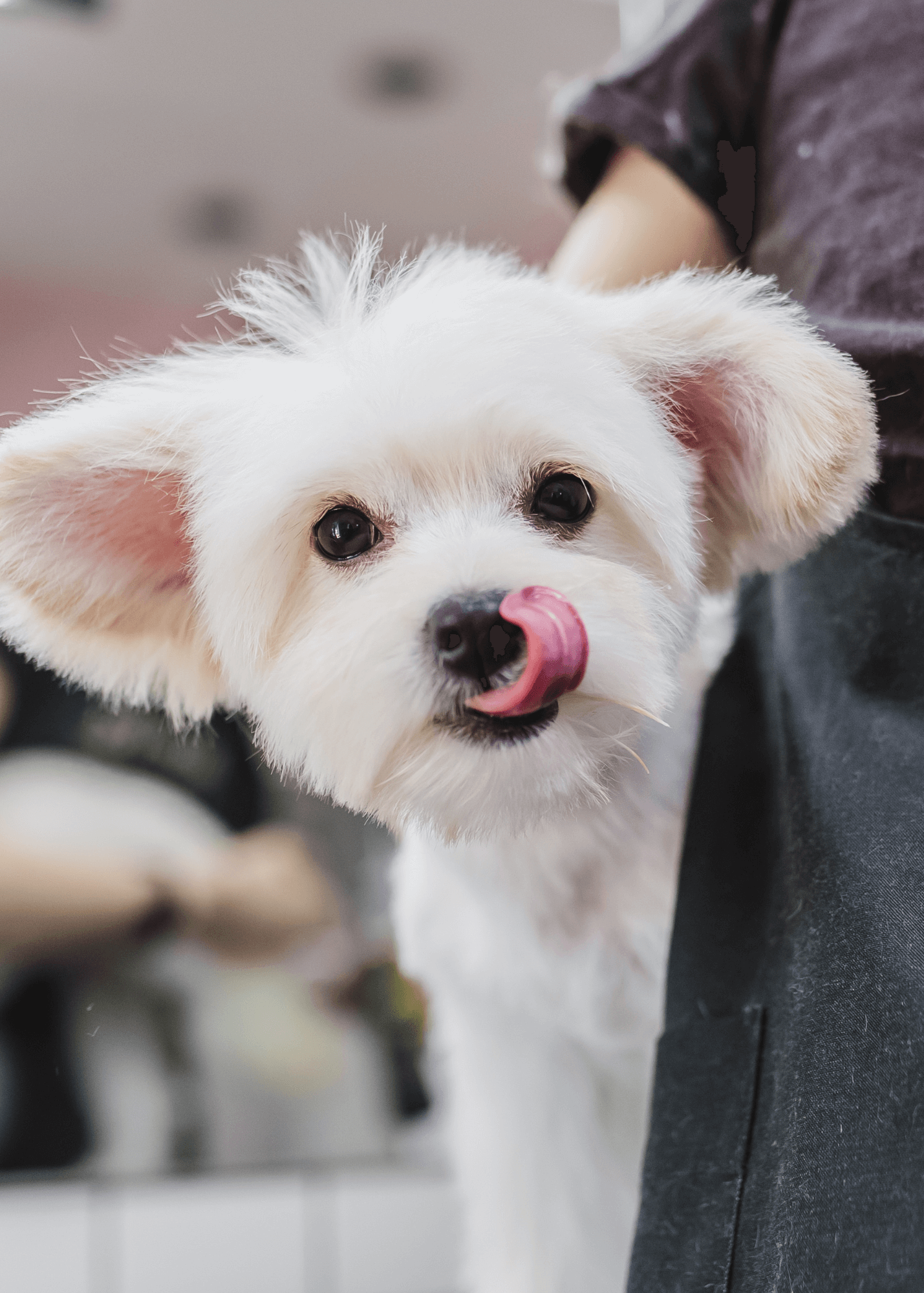
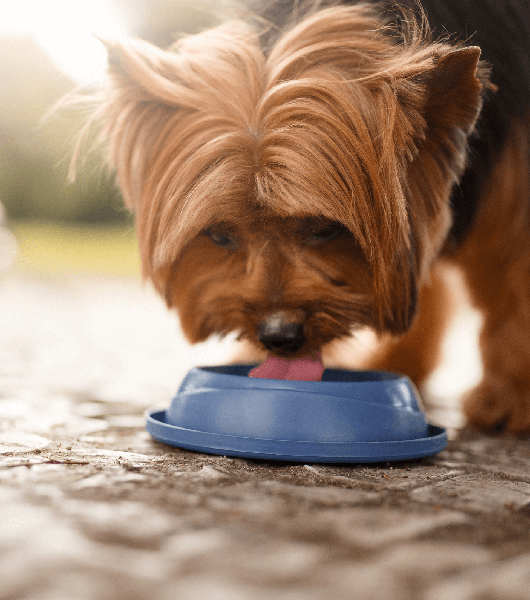
Water Quality and Safety
The quality and safety of the water you provide to your puppy are as crucial as ensuring they drink an adequate amount. Contaminants like bacteria, chemicals, or heavy metals can be harmful or even fatal to a young dog and its developing system. To prevent such risks, always provide water from a safe, clean source. Here are some tips to ensure your puppy's drinking water is safe:
- Regular Cleaning of Your Dog's Water Bowls: Wash your puppy's water bowl daily to prevent the build-up of bacteria and algae. Also make sure your puppy's food bowl is also clean!
- Filtered Water: Consider using filtered water to remove potential contaminants commonly found in tap water.
- Non-Toxic Containers: Use bowls made from non-toxic materials; stainless steel or ceramic are preferable over certain plastics, which may leach chemicals.
- Fresh Supply: Replace water at least once a day or more often if it becomes dirty or stale.
- Avoid Standing Water: Prevent your puppy from drinking water from puddles or stagnant sources outdoors where bacteria or parasites may be present.
- Watch for Notices: Stay informed about any water safety advisories in your area that may affect the water's drinkability.
By taking these precautions, you can help ensure that your puppy has access to clean, safe water, supporting their overall health and growth.
